I work as a medical professional at the Christian Service Center, where I treat people who are homeless and compelled to live on the streets, frequently in the most inhumane circumstances. These patients, who are seen by us regardless of their financial situation, have trauma, behavioral health issues, and chronic illnesses. Medicaid is a lifeline for them, not a luxury. It gives them access to behavioral health care, addiction treatment, and much-needed drugs that they otherwise wouldn’t have.
Recently, a mismanaged chronic condition led to a string of emergency hospitalizations for one of my homeless patients who was suffering from severe depression. His mental health issues prevented him from getting the care he needed or from continuing to take his medications consistently. However, we were able to refer him to specialists to manage his illnesses, offer frequent therapy, and connect him with behavioral health treatment since he had Medicaid. His life was spared by this well-coordinated care. And now there is a risk to this coordinated care.
With its proposed historic Medicaid cuts, President Trump’s One Big Beautiful Bill threatens health coverage for an estimated 7.8 to 15.9 million Americans who are homeless or have poor incomes. This bill will worsen results for the most disadvantaged, increase uncompensated ER care, and drastically decrease access to health care if it were to pass.
Medicaid supports healthcare systems and professionals in addition to people like my patients. It is essential to the effective and equitable delivery of care by providers such as the Health Care Center for the Homeless. Medicaid is cost-effective, costing less per person than private insurance or Medicare, in part because it pays providers less, according to Adrianne McIntyre, a professor of health policy at Harvard. However, this plan would put more administrative and financial strain on those who can least afford it. For example, people who make slightly more than the federal poverty level (a family of four making $32,250 annually, or about $8,000 per person annually) would be charged up to $35 every visit, further putting essential care beyond their means. This $35 fee is a significant choice that could result in missing a meal, utility bill, or rent payment; it is not a small co-pay.
Many of my patients already have to make tough decisions, including whether to pay for a bus pass to travel to work or to buy their insulin. Should I buy food for my family or visit the doctor? More people will be forced to make these compromises if Medicaid is cut, endangering their access to life-saving and health-improving medical treatment. Over the last 15 years, research has demonstrated that Medicaid expansion lowers mortality and enhances long-term health outcomes.
The ramifications for the entire country are similarly concerning. Medicaid is essential to the survival of roughly 1,000 rural hospitals that are already in danger of closing as a result of financial duress. The majority of long-term care for elderly people in skilled nursing facilities is also paid for by Medicaid. As more people without health insurance wait until a medical emergency compels them to see a doctor, these cuts would result in overburdened and congested emergency rooms.
As a medical professional in Florida, I’m most worried about how it will affect the state’s homeless population, who already have to deal with intense temperatures and harsher regulations when trying to find housing. The most vulnerable among us will be the first and most affected if these Medicaid changes are implemented.
Experts in public health caution that this bill’s provisions may cause more than 50,000 avoidable deaths across the country. Additionally, 16 million Americans will not be able to access health insurance because of this policy. We cannot watch helplessly as this occurs.
I implore you to get in touch with Senators Ashley Moody and Rick Scott and insist that they reinstate Medicaid’s full funding in the Big Beautiful Bill. Medicaid cuts are a death sentence for thousands of our neighbors, in addition to being financially irresponsible.
Pia Valvassori works at the Christian Service Center as a medical professional.
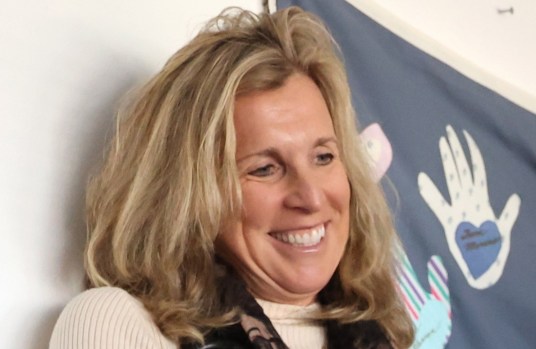
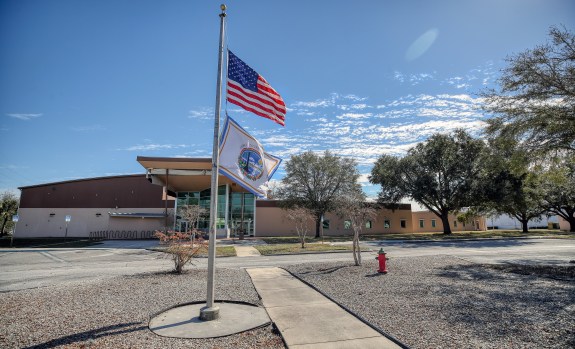
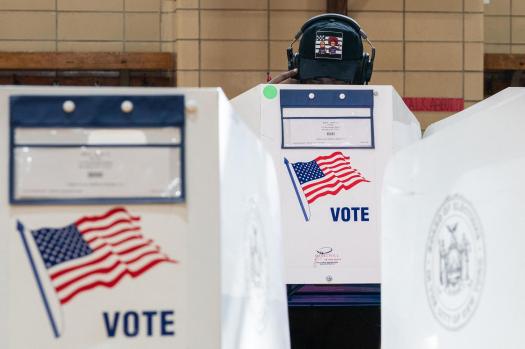
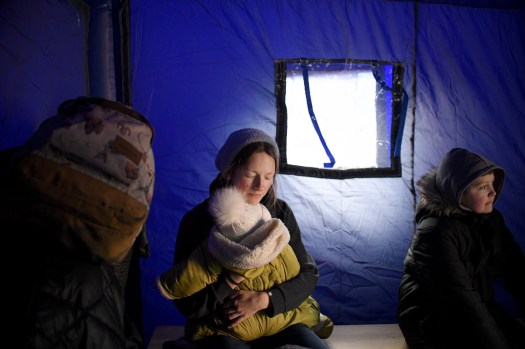
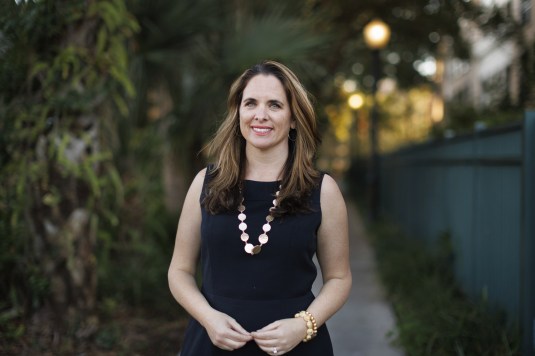
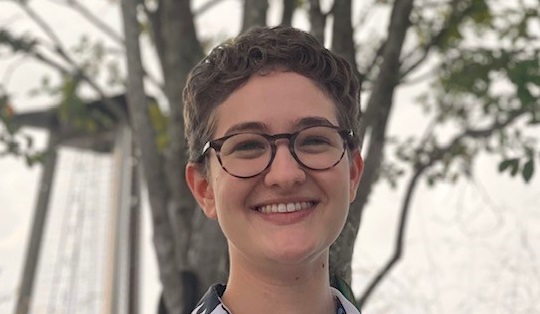






Commentary: As kids return to school, Florida continues to lead in education | Paul Renner